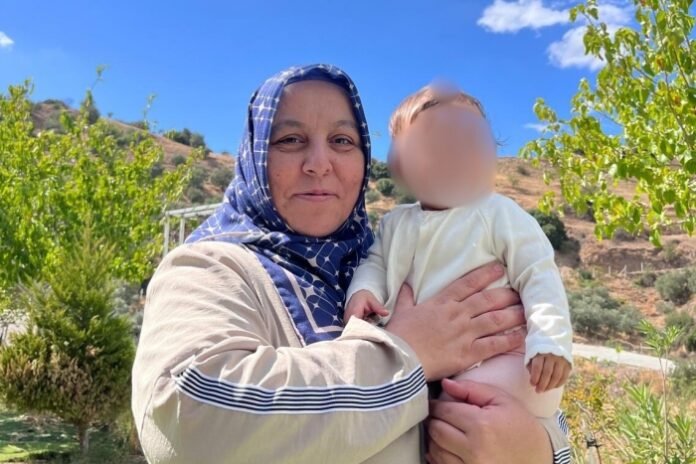Peoples’ Equality and Democracy Party (DEM Party) lawmaker Ömer Faruk Gergerlioğlu has urged authorities to release a Turkish woman with stage-three breast cancer from prison, where she is serving a sentence for conviction of alleged links to the faith-based Gülen movement, the TR724 news website reported.
Ayşe Solak, 49, began serving a six-year, eight-month sentence on August 18 at Aydın Prison after Turkey’s Supreme Court of Appeals upheld her conviction. Diagnosed in 2021, Solak underwent surgery and is continuing with chemotherapy, daily medications and monthly injections. Her doctors require her to undergo medical checkups every six months.
Turkish President Recep Tayyip Erdoğan has been targeting followers of the Gülen movement, inspired by the late Muslim cleric Fethullah Gülen, since the corruption investigations of 2013, which implicated then-prime minister Erdoğan, his family members and his inner circle.
Dismissing the investigations as a Gülenist coup and a conspiracy against his government, Erdoğan began to target the movement’s members. He designated the movement as a terrorist organization in May 2016 and intensified the crackdown on it following an abortive putsch in July of the same year that he accused Gülen of masterminding. The movement strongly denies involvement in the coup attempt or any terrorist activity.
Gergerlioğlu emphasized that Solak developed cancer soon after her initial arrest in 2018, which he linked to the severe stress and trauma she experienced in custody. He condemned the treatment of critically ill prisoners by Turkish authorities, stating they are effectively “left to rot in prisons.”
Gergerlioğlu characterized Solak’s continued imprisonment despite her illness as a deliberate attempt to destroy her life.
Her attorney has applied for the postponement of her sentence on grounds of health, and her latest test results have been submitted to the Council of Forensic Medicine (ATK). However, the ATK frequently comes under criticism over its questionable reports that find ailing inmates fit to remain in prison. Rights advocates slam the agency over its lack of independence from political influence and its role in compounding the persecution of political prisoners.
According to Law No. 5275, the sentence of a prisoner who, due to a serious illness or disability, is unable to manage life on their own under prison conditions and who is not considered a serious or concrete danger to society, may be suspended until they recover. However, the stipulated suspension of sentence is often not implemented.
Court documents show Solak’s conviction was based on her use of the ByLock messaging app and bank records.
Turkish authorities have considered ByLock, once available in Apple’s App Store and Google Play, to be a secret tool of communication among supporters of the Gülen movement since the coup attempt in 2016, despite a lack of evidence that ByLock messages were related to the abortive putsch. The European Court of Human Rights (ECtHR) has ruled multiple times that that the use of the ByLock messaging app does not constitute a criminal offense. Turkish authorities, however, have continued to detain and prosecute people for using the application.















